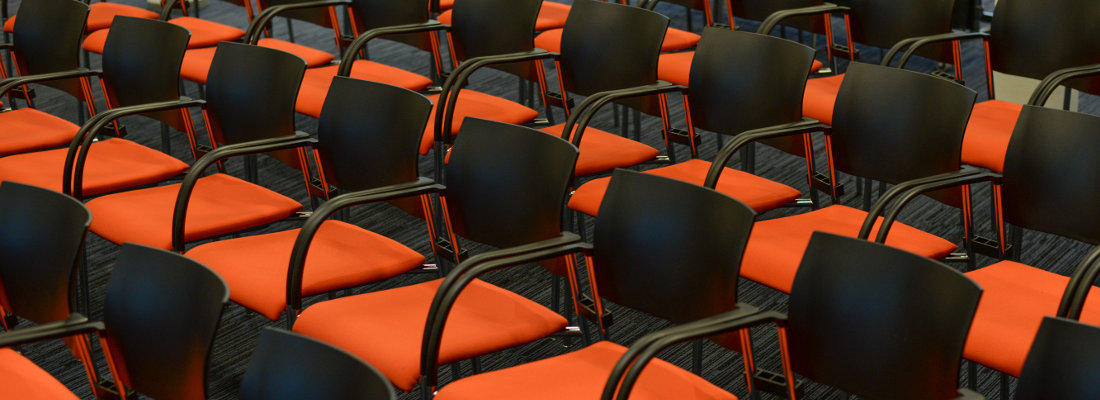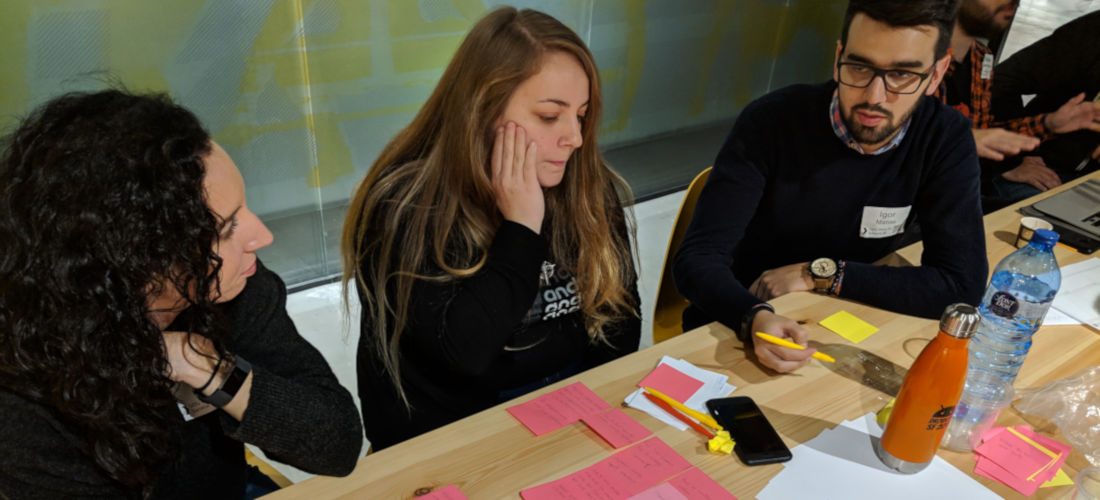** UPDATE ** All the positions are now closed, thanks for the massive interest!
You know what does it mean to be part of Developer Relations, and you I’ve felt in love with communities long time ago. In special, with in-person communities with a focus on technologies. Google technologies. And you’re thrilled by the opportunity to make them even more successful thanks to your help.
Well, have you ever considered working with my team? We have some free seats now!
The positions
Community builder for Central Eastern Europe area (external collaboration): based in Warsaw or Prague Google office, you’ll be responsible for supporting and empowering the developer community ecosystem in Central Eastern Europe using the active programs we have.
Developer Students Club program manager (external collaboration): we’re planning to bring Developer Students Clubs in Europe, and we need a hand to make it possible. Any European capital with a major Google office could be a good location, and you’ll support in execution another team member responsible for this project.
Senior European Community Builder (job posting): how can our community programs be even more successful across Europe? What are possible next steps? Help us executing them with direct ownership of some European ares, while also crafting their future. Location preferably in Milan, but we’re also open to few other European capitals with major Google offices (Paris, Madrid, London, Berlin, Prague, etc)
What does external collaboration mean? While for the last position you’ll be hired as a Google FTE (Full Time Employee), the others are temporary collaboration (24 months max, depending on the hiring country), because we need support to manage a special and unusual workload. To be totally clear, these positions don’t have the same characteristic of an FTE role and don’t grant any future FTE conversion.
Common background for all the positions
Even if all the positions have their own peculiarities, there are some common ground for all of them. In particular:
- Love to connect with people and empower their passions toward a common goal
- Know, by heart, the art of community management
- Be able to manage relationships with, and foster creation of, local developer communities, both formal and informal. Meet with local developers and businesses, promoting Google technologies to them
- Identify community needs, key trends, insights and proactively develop strategies to best satisfy them
- Be able to analyze, measure and report what’s going on in the community ecosystem and the personal contribution on that
- Know how to plan in-person community meetups, from 20 to 500 people
- Advocate for developers internally, and influence Google developer product strategy by working with Product Management, Engineering, PR, Marketing, Business Development and other cross-functional teams
- Be knowledgeable about Google technologies
- Be able to speak and write in English fluently and idiomatically
- Have good project management skills
In all the cases, you won’t be alone, as we work as a team. Distributed, but as a team. So help and mentorship will be at your fingertips.
Interested in applying?
Reach me. My Twitter DMs are open and there are plenty of other ways to get in contact with me. But please, before trying, put aside imposter syndrome and check if you really are the right person: we need proven expertise in community management, and be a social media manager of an admin of a Facebook group is not enough.
Bonus position
Dev conference partner manager (external collaboration): I’m also scouting for a person able to manage Google DevRel participation to the most important developer conferences in Europe (Codemotion, Devoxx, Droidcon, WeAreDevelopers, etc), from identifying these conferences to understand where Google DevRel can have the higher added value, from curating relationships with conference organizers to organize a booth at the event, involving speakers, communities, etc.
Less community manager, stronger project management skills, but still in love to work with the tech ecosystem. Reach me, as usual.

